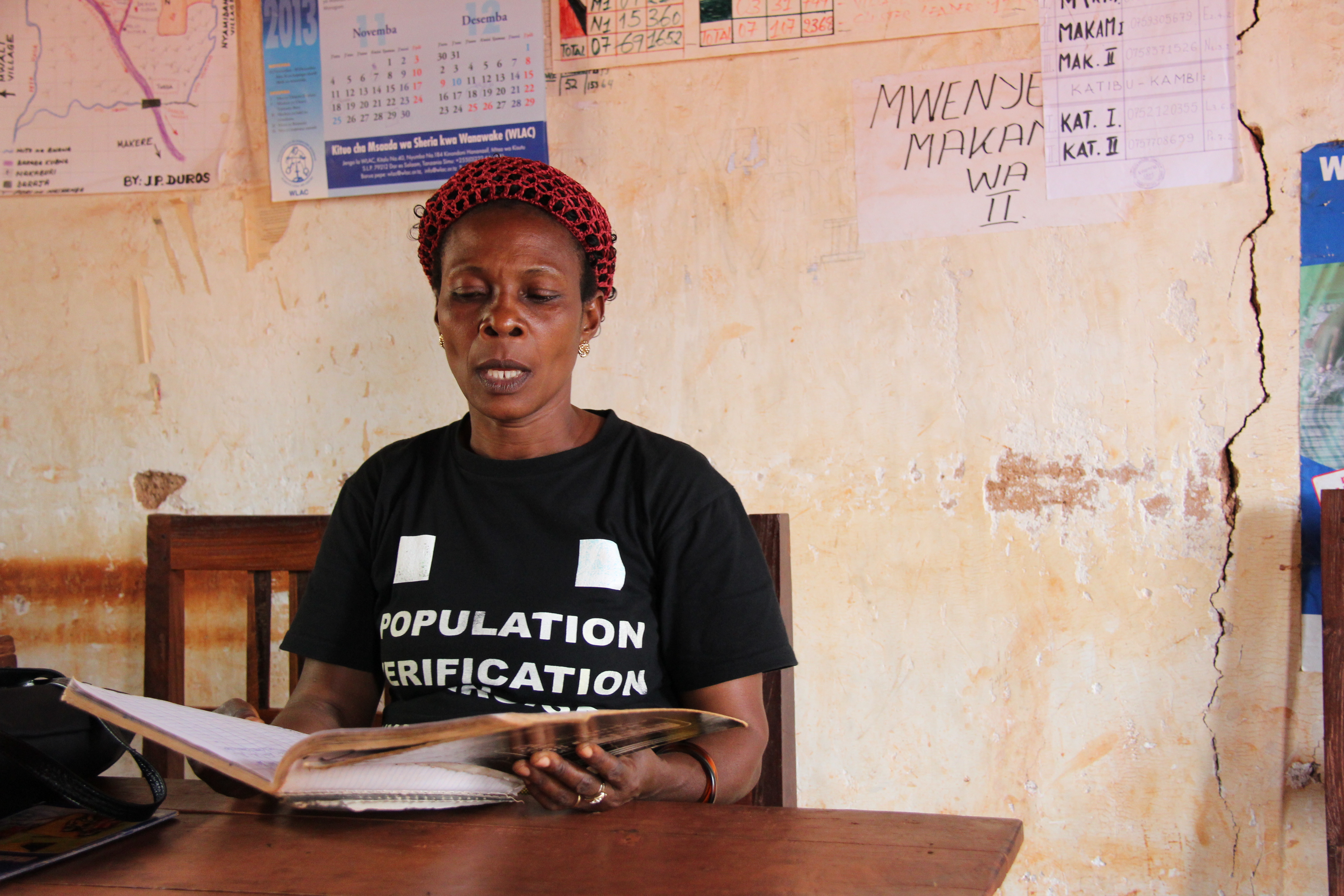Number of Congolese in Rwanda transit camp passes 10,000
Number of Congolese in Rwanda transit camp passes 10,000

NKAMIRA TRANSIT CAMP, June 8 (UNHCR) - Amid continuing instability and bursts of fighting in eastern Congo, civilians keep crossing into Rwanda - where the number of arrivals since late April has passed 10,000 - and south-west Uganda.
The 10,000 figure was reached last weekend and the number of Congolese refugees registered at the crowded Nkamira Transit Camp had risen to 11,339 by Monday. In recent days a daily average of about 230 arrivals have been recorded at Nkamira, which lies some 20 kilometres from the Goma-Gisenyi crossing with Democratic Republic of the Congo's North Kivu province. Nobody has registered to return to North Kivu since the beginning of June.
Fighting between government troops and renegade soldiers in North Kivu since April has left more than 100,000 people displaced, including the thousands who have fled to Rwanda and to Uganda's Kisoro district.
UNHCR's priorities in Rwanda are to provide adequate health care and shelter for people at the congested Nkamira camp. Last week, eight cases of cholera were detected among the Congolese refugees. The small outbreak was contained, but it highlighted the problems that UNHCR, the government and other partners face in dealing with the influx.
To address the problem of shelter and congestion at Nkamira, the government has identified a new site for a refugee camp at Kigeme in the south of Rwanda. A first convoy is expected to transport about 500 refugees from Nkamira to the new site on Sunday, with UNHCR support.
An initial 2,500 refugees can be accommodated in nearly 600 tents that will be set up at Kigeme. Temporary water and sanitation facilities will be established by UNHCR and its partners ahead of the arrival of the first refugees.
The government of Rwanda and UNHCR have arranged for those needing medical care to be treated at the district hospital and a local dispensary. Refugee children will be able to attend schools run by the local diocese.
Meanwhile, Congolese villagers continue to cross into Uganda's Kisoro district to escape stop-start fighting in North Kivu. UNHCR field staff in Uganda said that following the latest fighting on Monday, a total of 1,422 people had fled across the border at Bunagana and been registered as of Thursday by the refugee agency at the Nyakabande transit centre. The fighting in Rutshuru territory had since died down.
Sakura Atsumi, UNHCR's deputy representative in Uganda, said many of the new arrivals had been already internally displaced in North Kivu and were living in a primary school some five kms from the border. But because of the fighting they decided to head for Uganda.
She said that since the start of the year, UNHCR had registered 21,448 Congolese refugees at the Nyakabande centre, a site where they receive shelter and assistance some 20kms from the border.
The worst month was May, when 12,977 people fled into Uganda to escape waves of fighting and were assisted at Nyakabande. "They're still in relatively decent condition. Malnutrition has not been a problem," Atsumi said of those crossing the border. The transit centre has a capacity for 6,500 refugees and there are currently 5,100 there.
Most of the people arriving at Nyakabande have been taken to refugee settlements deep inside Uganda. Almost 10,000 have been transported by UNHCR to the Rwamwanja settlement, which was opened in April and is located some 370kms to the north of Nyakabande.








